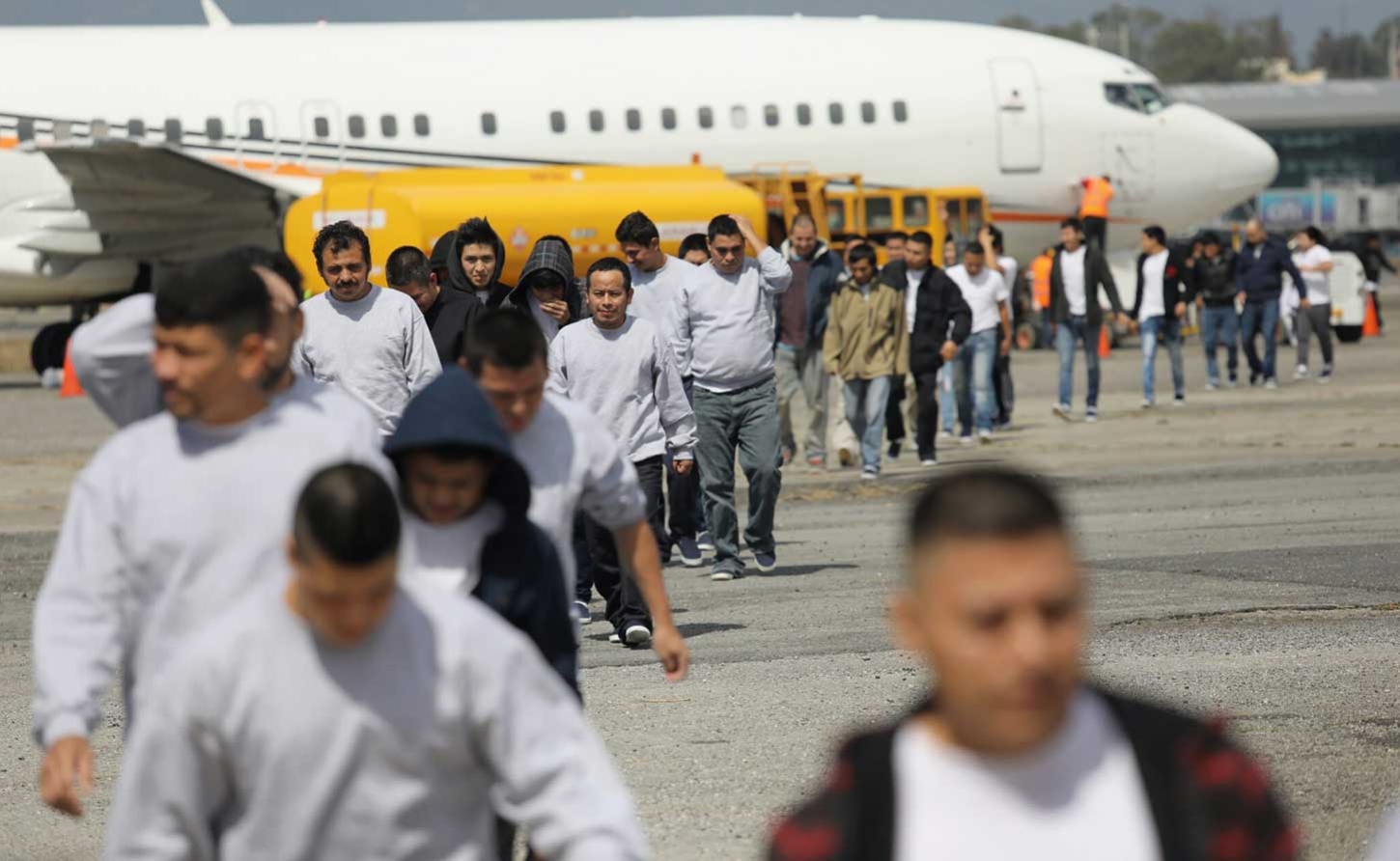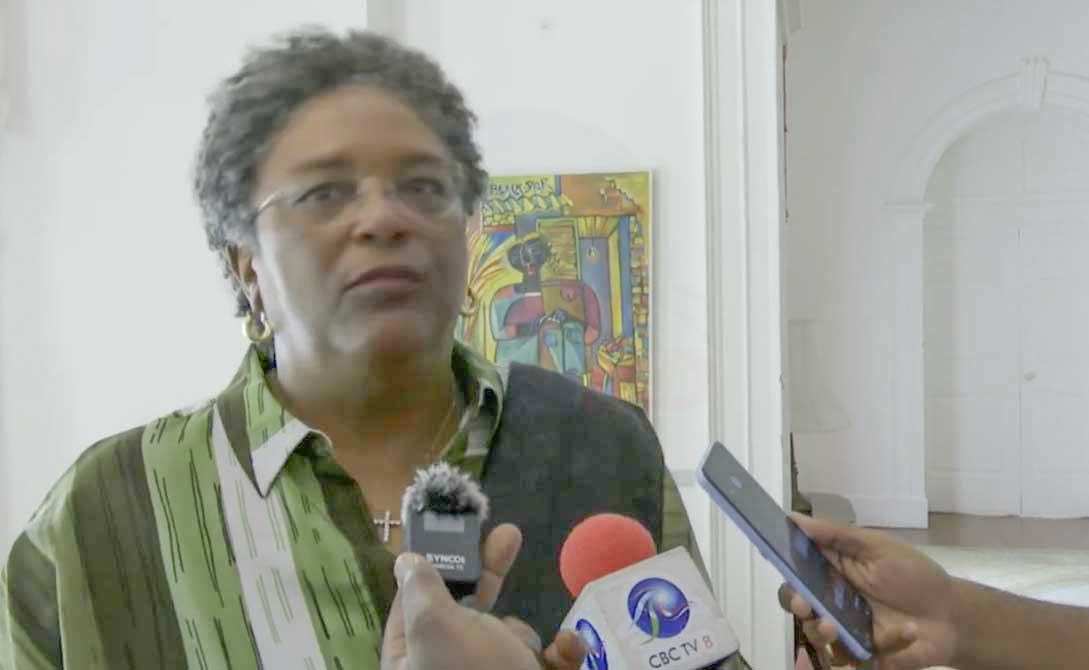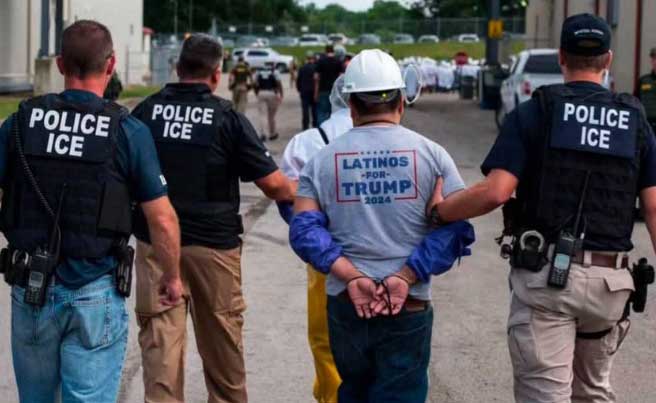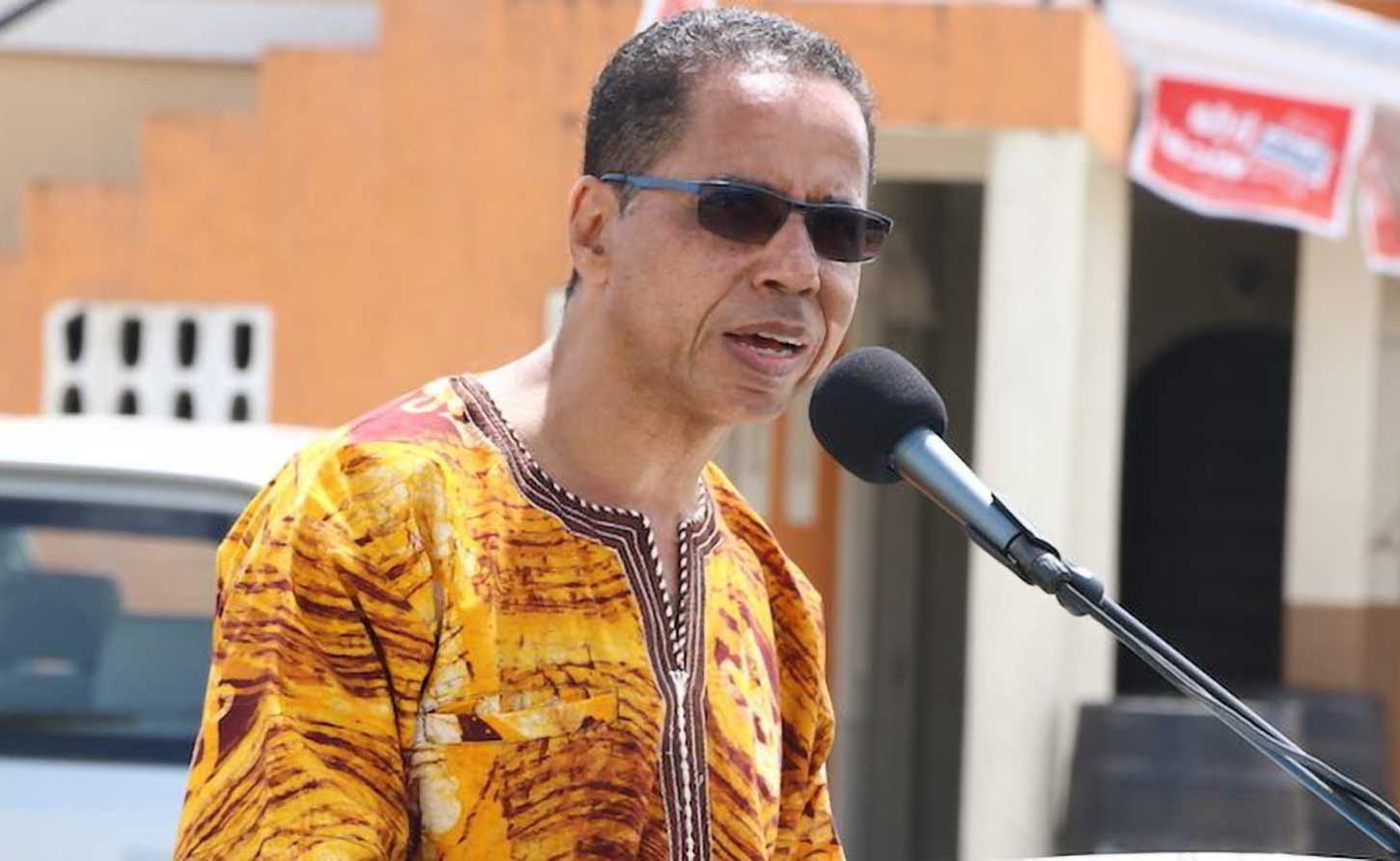CARICOM Countries told to brace for Trump's Mass Deportation Wave

MONTEGO BAY, Jamaica, January 29, 2025 - As of November 24, 2024, more than 1.4 million noncitizens with final orders of removal await their fate in the United States, according to Immigration and Customs Enforcement (ICE) data. For Caribbean nations, the numbers paint a stark picture of communities at risk.
Jamaica leads English-speaking Caribbean countries with 5,120 individuals facing deportation, followed by Guyana with 1,236 and Trinidad & Tobago with 1,197. The impact extends across the region, with Belize facing 899 potential deportees, The Bahamas 426, and smaller island nations like St. Lucia and Barbados confronting numbers of 202 and 151 respectively.
The crisis looms even larger for non-English speaking Caribbean countries, with Cuba facing 42,084 potential deportees, Haiti 32,363, and the Dominican Republic 12,699. Venezuela, increasingly tied to Caribbean migration patterns, has 22,749 of its citizens under final removal orders.
While specific flight dates remain unannounced, ICE's recent enforcement campaign has already resulted in approximately 3,500 arrests of unauthorized immigrants nationwide. The agency has revealed plans to deport 54,004 individuals to the Caribbean region, signaling the beginning of what could become the largest forced exodus in recent memory.

While ICE officials maintain their current focus is on individuals with criminal records, community leaders paint a different picture. Caribbean attorneys have begun mobilizing, advising West Indians to assert their legal rights and withhold information if approached by agents, highlighting growing concerns about the indiscriminate nature of the enforcement actions.
“The U.S. Government believes every country is obligated to accept the return of its citizens and nationals who are ineligible to remain in the United States,” the ICE document states.
Countries’ cooperation is evaluated based on their willingness to confirm citizenship, conduct interviews, issue travel documents, and accept returns via commercial or charter flights.
Barbadian Prime Minister Mia Amor Mottley struck a diplomatic tone in addressing the crisis, acknowledging America's sovereign right to enforce its laws while expressing hope for dignified treatment of any affected Barbadians.
 However, her Foreign Affairs Minister Kerrie Symmonds took a more pointed stance, warning that the "dragnet of mass deportations" threatens profound consequences for both Barbadian nationals and the broader West Indian community in the US.
However, her Foreign Affairs Minister Kerrie Symmonds took a more pointed stance, warning that the "dragnet of mass deportations" threatens profound consequences for both Barbadian nationals and the broader West Indian community in the US.
The ripple effects of such mass deportations could destabilize Caribbean nations, according to Antigua's Ambassador to the United States, Sir Ronald Sanders. "Absorbing large numbers of deportees suddenly can have a disrupting effect on social services," Sanders cautioned, pointing to potential strains on healthcare, education, and employment systems that could ultimately fuel crime rates.
This impending crisis has spurred calls for unified regional action. Barbados' Ambassador to CARICOM, David Commissiong, urged governments to develop contingency plans, suggesting that February's upcoming summit of regional leaders could provide a crucial platform for establishing a standardized approach to managing the return of involuntary residents.

While some Latin American countries like Venezuela, Nicaragua, and Honduras have taken hardline stances by declaring they won't accept deportees, such defiance remains unlikely among English-speaking CARICOM nations, whose "societal character and principles," as Sanders notes, preclude them from abandoning their own citizens.
Haiti stands to bear the heaviest burden among CARICOM member states, with its significant U.S.-based population now facing heightened scrutiny. The mid-February summit looms as a critical juncture for regional leadership to confront this challenge.
"By then, a pattern should have emerged as to exactly how severe the Trump deportation policy would be in relation to CARICOM countries," Commissiong observed, emphasizing the summit's importance as a forum where "prime ministers, foreign ministers, and attorneys general can come to grips with this and discuss it among themselves."
As Caribbean nations brace for what could become a unprecedented wave of forced returns, the challenge extends beyond mere logistics to fundamental questions of regional stability and social cohesion. With limited resources and mounting pressures, CARICOM's response to this crisis may well define the region's resilience in the face of external pressures for years to come.
